Leaping with the Angels, Leaping for the People
The Leap
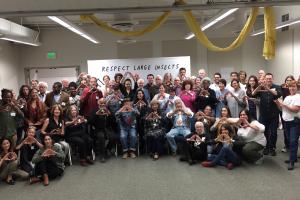 During a early November week-end, nearly 80 local leaders gathered at Debs Park in Los Angeles, to begin framing a justice-based vision of how the second largest city in the United States can go fossil fuel free by 2025. We brought together a spectrum of organizers from the frontlines of Indigenous rights, environmental justice, labor and food justice, and more.
During a early November week-end, nearly 80 local leaders gathered at Debs Park in Los Angeles, to begin framing a justice-based vision of how the second largest city in the United States can go fossil fuel free by 2025. We brought together a spectrum of organizers from the frontlines of Indigenous rights, environmental justice, labor and food justice, and more.

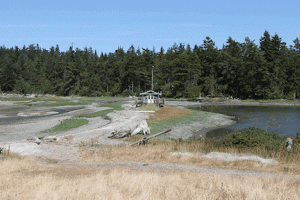
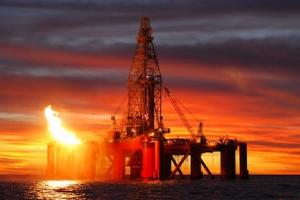

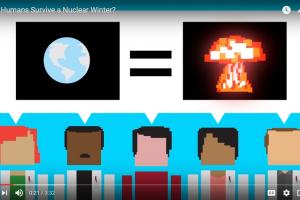

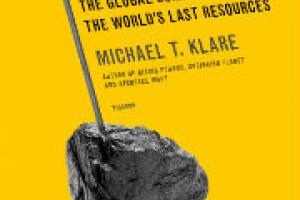
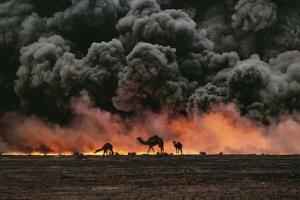
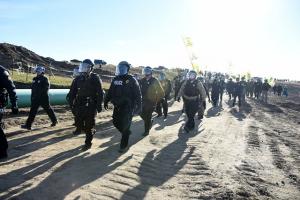

Spread the word